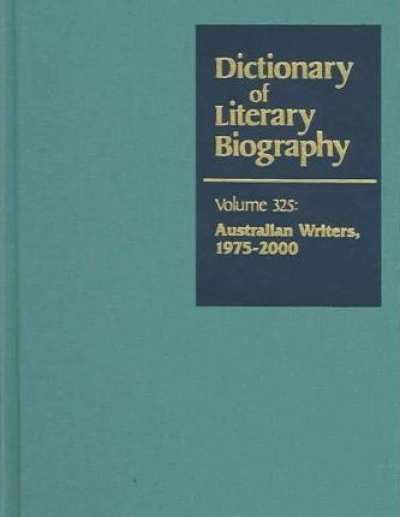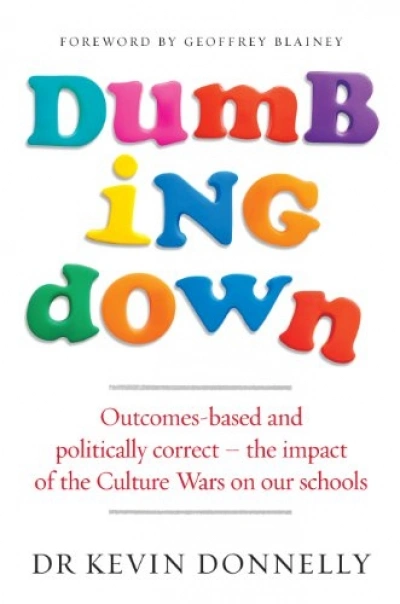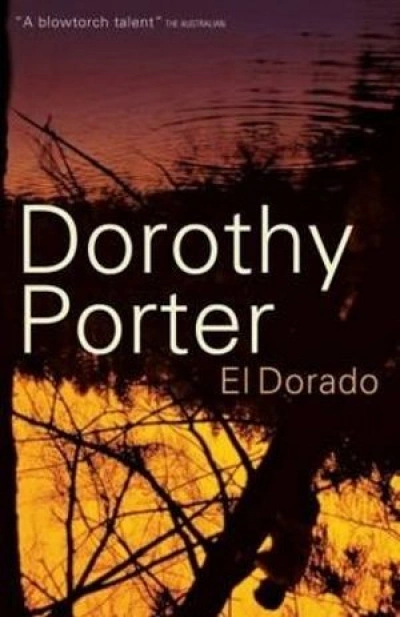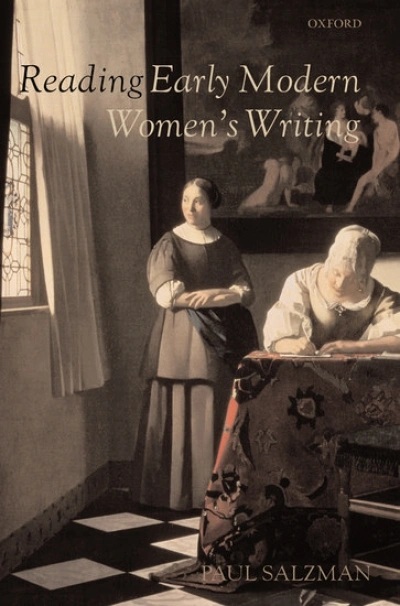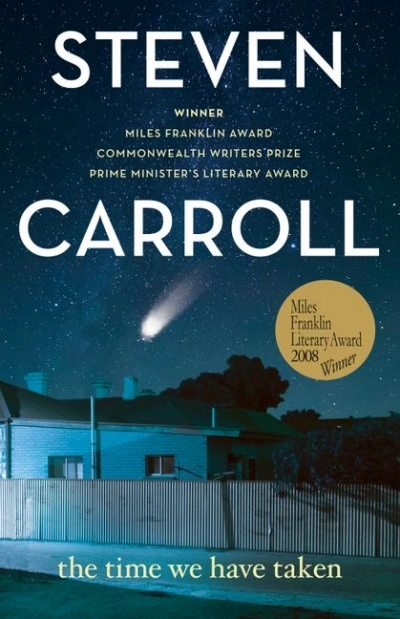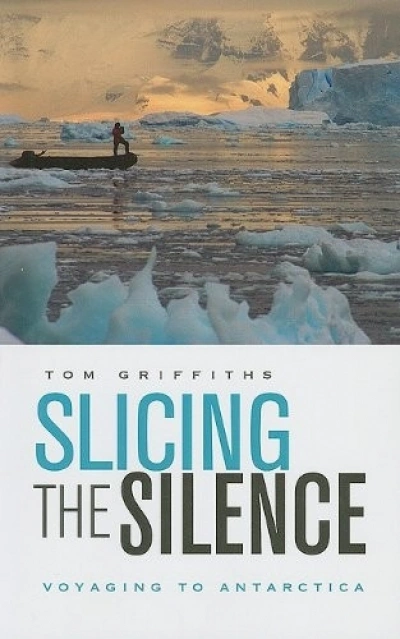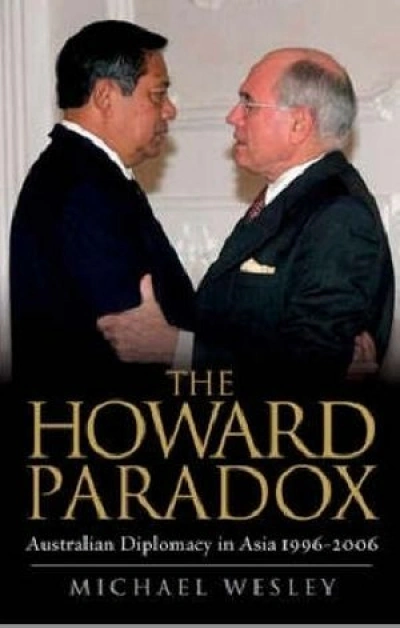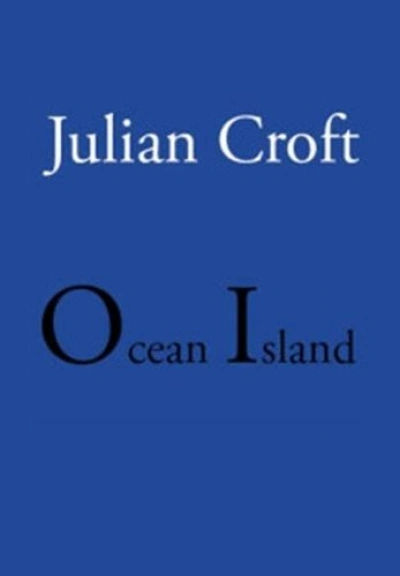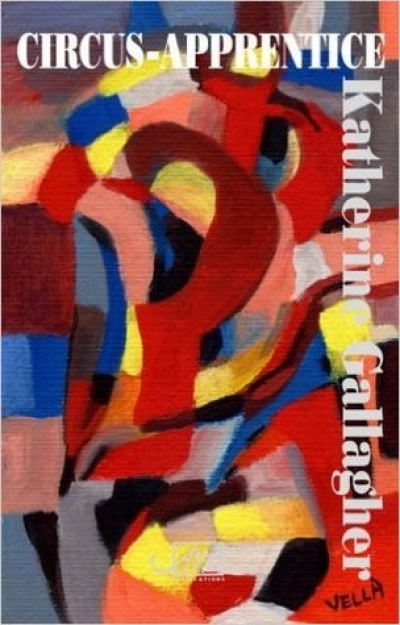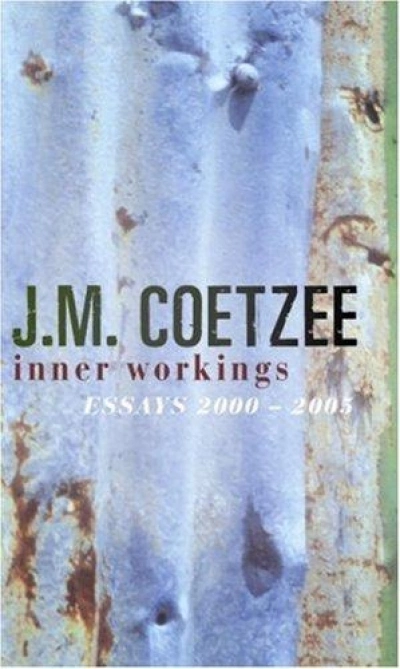Dorothy Porter’s verse novels are delicious and distancing, formal, fiery and frenetic. With the possible exception of What a Piece of Work (1999), they get better and better. Early on, El Dorado smacks you in the face and strokes your imagination with a ‘little girl’s / dead hand / … sticking stiffly / up / as if reaching / to grab an angel’s / foot’. Framed by epigraphs from Gilgamesh, Peter Pan and Wallace Stevens, an enigmatic gesture of thanks ‘for the magic snakes’, a stanza from Yeats’s ‘The Stolen Child’ and a prologue invoking the ‘thick alien ice’ of Europa, Porter’s latest verse novel is contextualised with multiple, allusive legendry. This is a work that invokes and reimagines, iconoclastically, various fantasies (Atlantis, Neverland, El Dorado), mythologies (Greek, Roman, Christian) and pop-ular culture fantasists such as Disney, the Beatles, the Flintstones, and literary allusions to Shakespeare, Keats, Donne, Dickinson, Stevenson, Doyle, Carroll, Twain. El Dorado is as much about how fantasy works as it is a fantastic detective narrative.
...
(read more)

